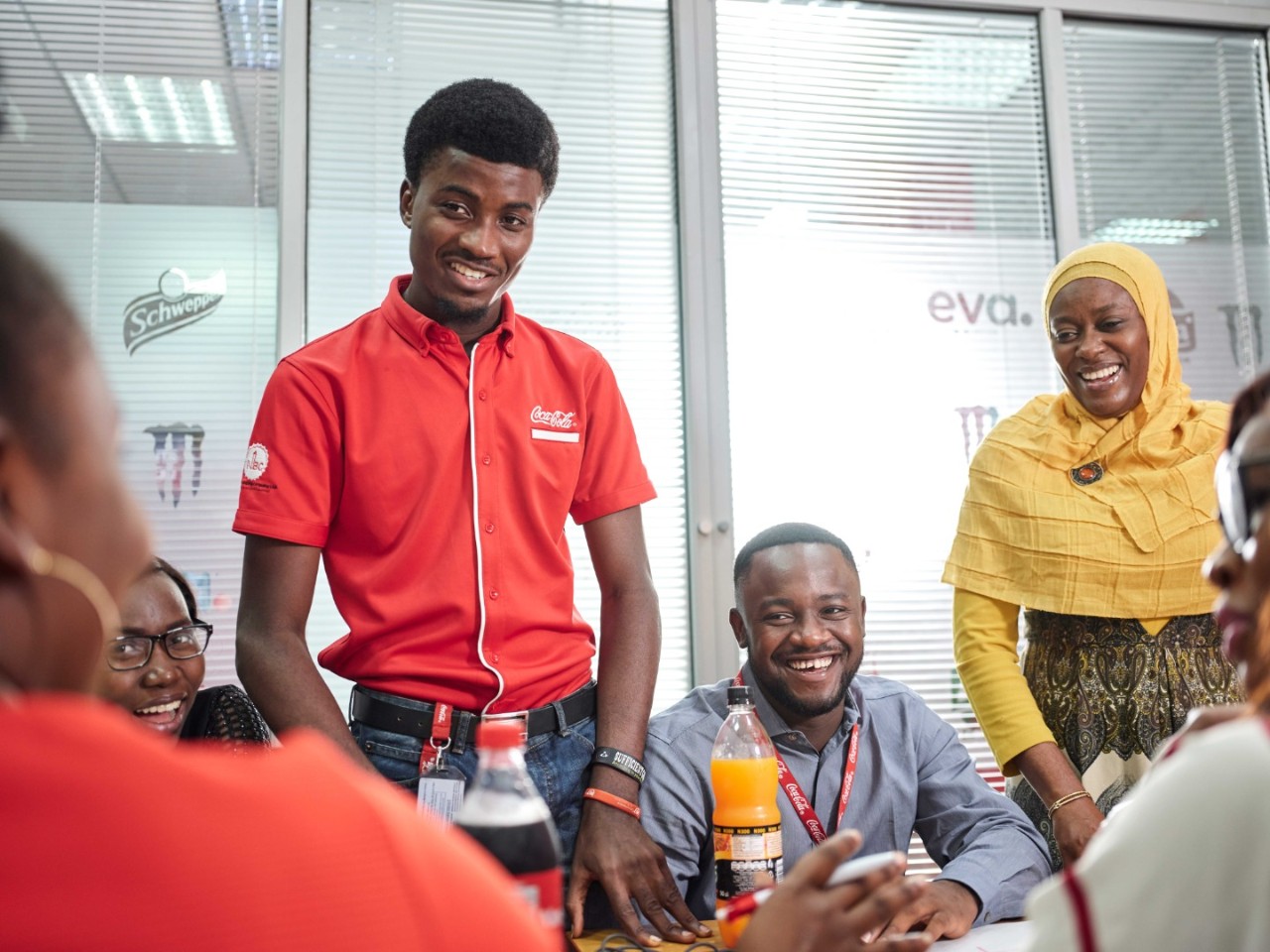Employee Assistance Programme
In 2020, we introduced an Employee Assistance Programme (EAP) across all of our countries, helping employees manage any personal or employment matters – health, relationships or financial – that might impact their wellbeing and work performance. Operated by an industry leader in this service, our EAP offers a free service available 24/7 for employees and their immediate families to access support when they need it, with all information shared private and confidential.
The programme offers emotional support, such as with anxiety, depression, stress management, bereavement or personal relationship issues, as well as practical every day support, such as on financial issues, parenting, retirement planning or any other matters that might be causing concern.
Access to the EAP is through dedicated telephone lines in our local languages. Initially, a professional assessment of which kind of support the individual would most benefit from is offered, followed by referral, as appropriate, to a counsellor for support. There is an online app, too, that employees can use to access support and resources.
The EAP offers an additional service for managers to help them address workplace issues, such as dealing with conflict, communicating with team members, building resilience and boosting morale.
The challenges of the pandemic meant that it was more important than ever to support our employees. The EAP is there to help our people, any time, on any matter.
As part of our responsibility towards the health and wellness of our employees, we have also developed a framework for health and dependent care and offer a range of flexible working arrangements.
Health and Dependent Care
Our Health and Dependent Care Framework was designed to address the wellbeing needs of our employees. This framework provides our countries with the structure and flexibility required in order to offer benefits above statutory requirements while taking local demands into account.
Our Health Care initiatives fall under three pillars (medical plans, targeted health programmes and paid sick leave) and may include medical and health insurance benefits, preventative measures such as vaccination programmes and medical check-ups, gym facilities or subsidized gym memberships and nutrition information. We have implemented mandatory medical coverage for our employees in our countries where the statutory medical infrastructure is not robust.
Our Dependent Care initiatives also fall under three pillars (carer’s leave, subsidies and development) and may include maternity and paternity leave in excess of the legally required minimum, subsidies for kindergarten or school activities, school supplies, family events and career days. The amount of additional leave and/or additional pay for maternity and paternity leave varies among our countries. In Switzerland, two additional weeks of paid maternity leave and four additional days of paternity leave are offered. In Ireland and the UK, statutory minimum maternity pay is supplemented to provide 10 weeks of full pay and up to 18 weeks of half pay of the employee’s annual base salary, while the Company contributes to statutory paternity pay for the first week of leave so that the employee is fully paid. In Cyprus, Greece and Ukraine, a further three days of paid maternity and paternity leave are offered to our employees. We have implemented a minimum paternity leave of five days across all our countries.
Our approach to wellbeing exemplifies our values while supporting our employees and allowing them to thrive.
Flexible working arrangements
We define flexible working as flexibility on when, where and how work is done. Across the company, we promote the use of flexible working to support the delivery of our business strategy.
Our approach is founded on the principle that flexible working is a win-win for employees as well as for our business. We believe that flexible working arrangements are a partnership between manager and employee. Managers trust employees to make it work and employees know they are trusted to deliver high performance. Our framework allows employees to sustain energy, be more productive and help grow our company.
In response to the pandemic, we moved quickly to ensure as many employees as possible could work remotely, with some 32 % of our workforce now working from home, and over half of our workforce (42%) covered by flexible working time arrangements in 2021.
The forms of flexible working offered include:
- Flex time: Employees vary their start and finish times
- Remote work: Flexibility in where employees perform their job, e.g.., from home
- Part-time work: Employees work fewer hours than the standard working hours
- Compressed working: Employees work standard hours across fewer days.


.jpg)


.png)
